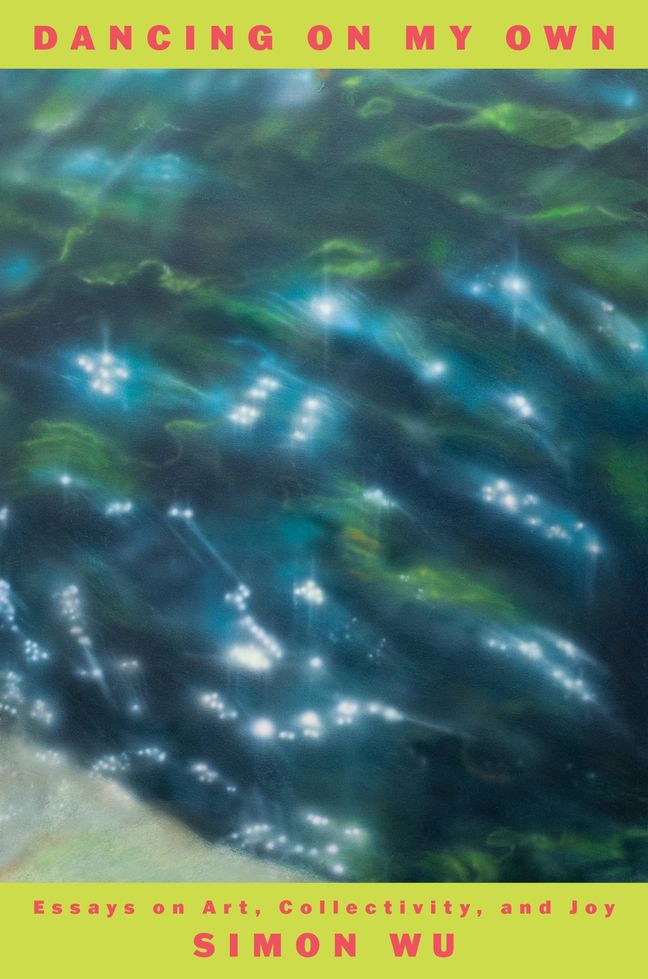Dancing on My Own: Essays on Art, Collectivity, and Joy
Simon Wu
Your rating:
Dancing on My Own: Essays on Art, Collectivity, and Joy
Simon Wu
"A genius melding of art criticism, autobiography, personal essay, and travel writing. . . . Wu—an artist, curator, and writer—layers experiences like translucent curtains through which we see the landscape of a past in the present making its future...A must read." –Claudia Rankine "Simon Wu manages to be both a shrewd critic and enthused aspirant of what passes for today’s cultural capital. . . .with a disarming lack of cynicism that is both keen and refreshing." –Cathy Park Hong “A neon-bright picture of gay nightlife, leftist class strivers, the seductions of the art world, and what Wu critically—but fondly—calls the ‘empty orchestra’ of Asian America.” –Andrea Long Chu An expansive and deeply personal essay collection that explores the aesthetics of class aspiration, the complications of creating art and fashion, and the limits of identity politics. In Robyn’s 2010 track Dancing on My Own , the Swedish pop-singer chronicles a night on the dance floor in the shadow of a former lover. She is bitter, angry, and at times desperate, and yet by the time the chorus arrives her frustration has melted away. She decides to dance on her own, and in this way, she transforms her solitude into a more complex joy. Taking inspiration from Robyn’s seminal track, emerging art critic and curator Simon Wu dances through the institutions of art, capitalism, and identity in these expertly researched, beautifully rendered essays. In “For Everyone,” Wu explores the complicated sensation of the Telfar bag (often referred to as “the Brooklyn Birkin”) and asks whether fashion can truly be revolutionary in a capitalist system—if something can truly be “for everyone” without undercutting someone else. In “A Model Childhood” he catalogs the decades’ worth of clutter in his mother’s suburban garage and its meaning for himself and his family. Throughout, Wu centers the sticky vulnerability of living in a body in a world where history is mapped into every choice we make, every party drug we take, and every person we kiss. Wu’s message is that to dance on your own is to move from critique into joy. To approach identity with the utmost sympathy for the kinds of belonging it might promise, and to look beyond it. For readers of Cathy Park Hong and Alexander Chee, Dancing on My Own is a deeply felt and ultimately triumphant anthem about the never-ending journey of discovering oneself, and introduces a brilliant new writer on the rise.
No posts yet
Kick off the convo with a theory, question, musing, or update
No reviews yet
Share a rating or write a review
